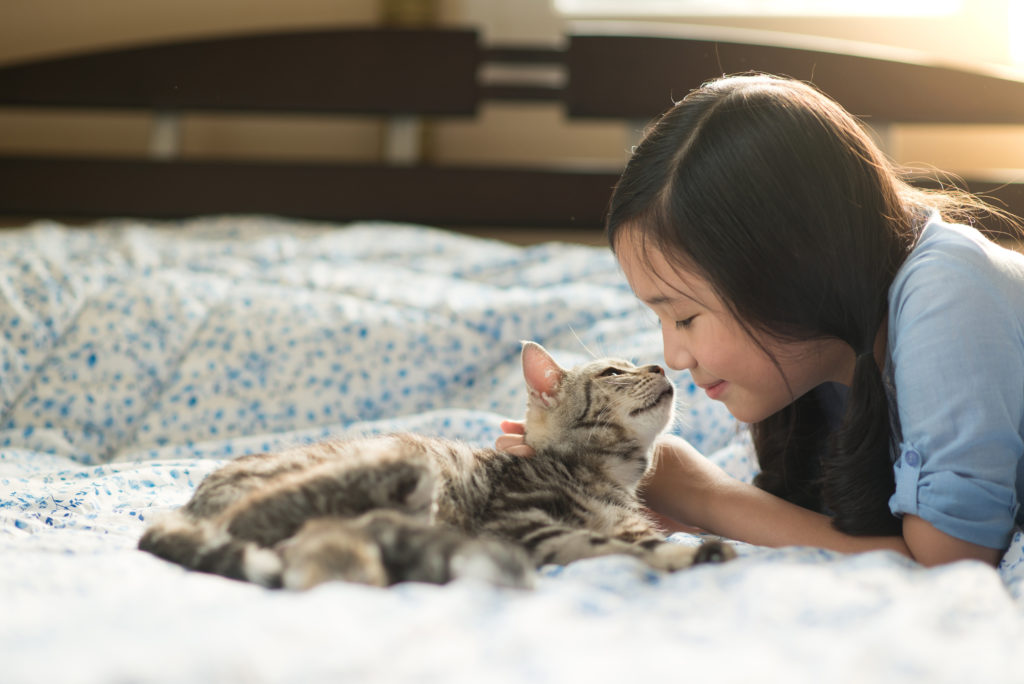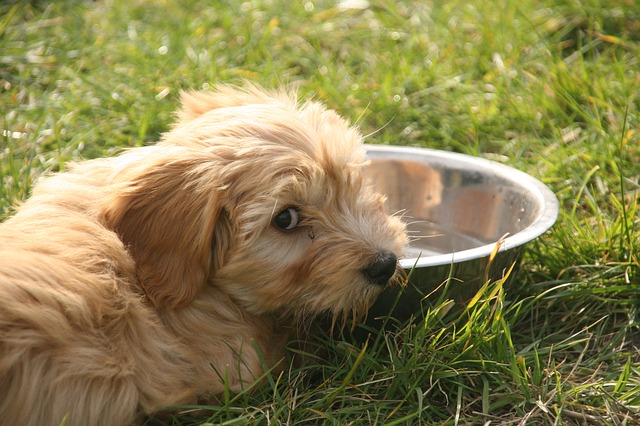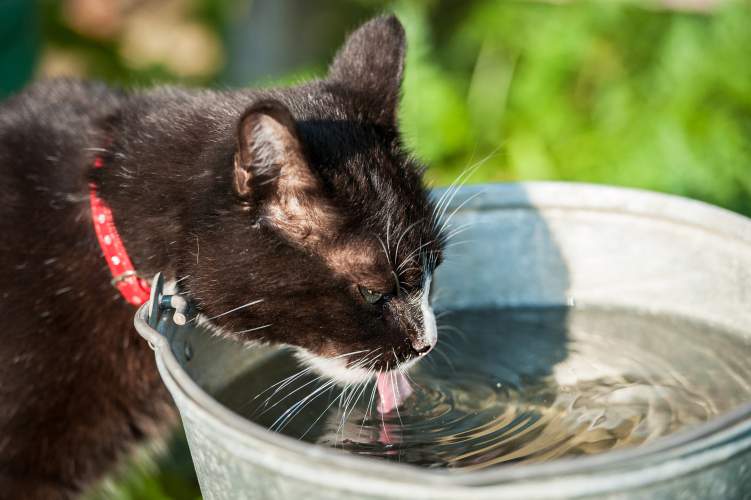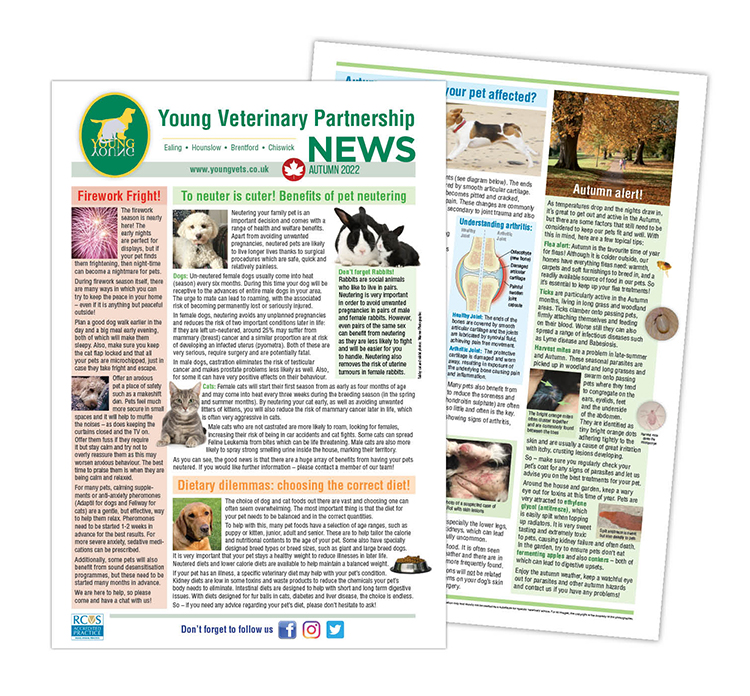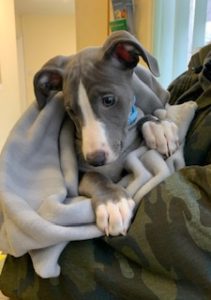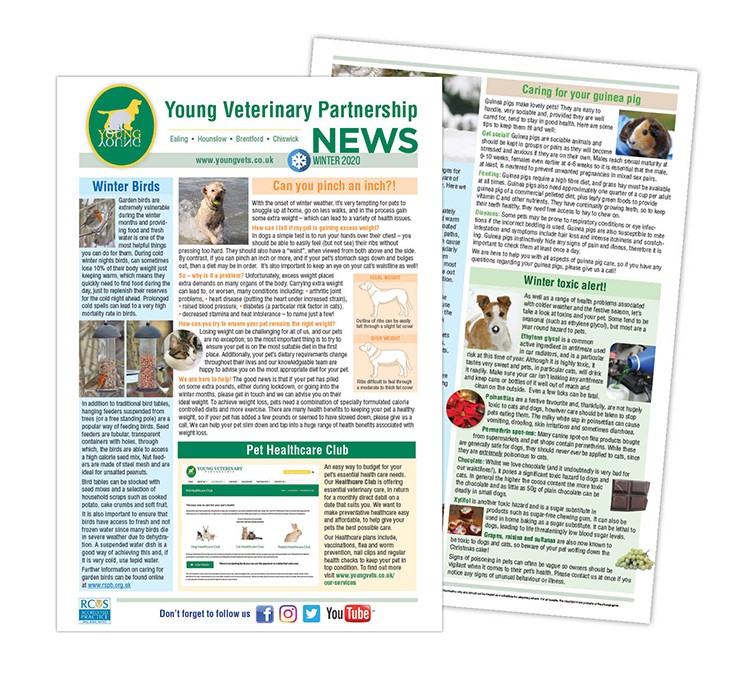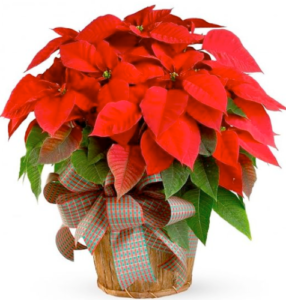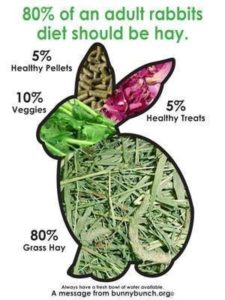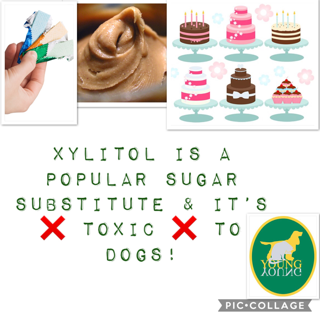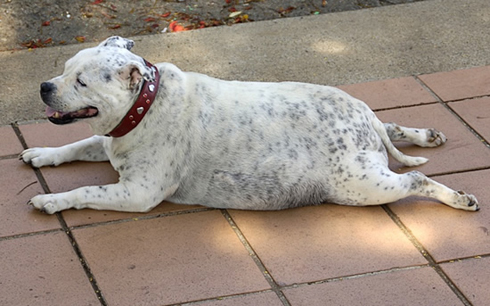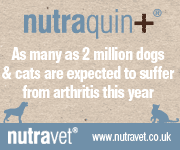What to do once your new kitten is home

Once you have decided on a kitten and are ready to take it home, there are some essential items that need to be prepared first:
Food: A good brand of kitten food (biscuits or pouches) should be fed and we personally recommend the Science Plan food. Kittens must have access to fresh water at all times. Kittens who have been weaned do not require milk (even though they may really like it!). Cow’s milk can cause diarrhoea and should be avoided.
Food and water bowls: Bowls should be cleaned daily.
Litter: The cat litter should be non-clumping and non-toxic as kittens have a tendency to chew and occasionally try to eat the litter.
Litter tray: Trays can either be open or covered, but should be placed in the room where the kitten will spend most of its time. Scoop out soiled litter daily and completely clean litter trays regularly. If you have more than one cat ideally there should be at least one litter tray per cat.
Bed/ blanket: These are not essential but most cats prefer a comfortable place to sleep that they can call their own.
Toys: Toys are very important to keep your kitten entertained. Avoid toys that are easily broken as these can cause a choking hazard. To avoid accidents, supervise your kitten during any play.
Scratching post: Cats and kittens need to scratch and scratching posts can be an ideal way of preventing the furniture from being used.
Cat carrier: This is essential for safely transporting your kitten. End opening plastic carriers, or top opening wire carriers are suitable.
Preparing the area
One room should be designated for the kitten to spend its first few days. This room should be large enough to include all of the above. It may be helpful to bring something with the scent of the previous owner on it, such as a blanket or toy. This familiar smell can help the kitten relax.
Feliway is a product that can help settle your kitten into a new environment. It can be purchased from the surgery as a spray or plug in diffuser which has replicated pheromones (cat scent) that cats would leave naturally, and is used to calm and comfort cats during stressful times. All cats think it is their own scent, so it can also help if you already have another cat in your house.
Before the arrival of a new kitten, every home should be checked for potential hazards. Kittens are very curious and will explore their new environment by jumping, climbing and sometimes chewing! We recommend checking the following hazards:
- Oven Hobs (kittens may jump up and burn themselves)
- Washing machines and tumble dryers (check kitten has not climbed in before turning on)
- Irons (kittens may jump up and burn themselves)
- Electric wires (kittens may chew)
- Dustbins and toilets (always keep the lid on and the toilet seat down)
- Sewing materials (kittens love to play with string, but if eaten it will cause a serious problem)
- Any small objects like pins, etc (may cause a problem if eaten)
Many everyday items found in the home can be potentially toxic to kittens and cats, and need to be avoided. Examples of toxins include:
- Pesticides and weed-killers
- Rat-bait and slug poison
- Antifreeze
- Paint
- Certain plants – Holly, Lillies, Mistletoe, Wisteria, Rhododendron, Poinsettia, Ivy and Sweet Pea
- Paracetemol and other human medications
- Tea-tree oil
- Flea spot-on products for Dogs that contain Permethrin
If your kitten has eaten or come into contact with any of the above products, please contact us immediately.
Finally once your kitten is settled into your home, sit back and enjoy the show -they’ll be climbing the curtains in no time !
